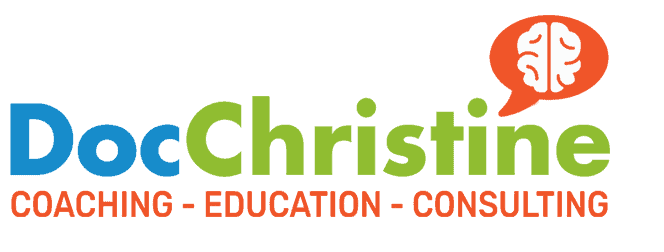IF Versus Starvation
Among the different questions people ask about intermittent fasting, a common one is comparing it to starvation.

Fasting can be confusing because you are going a certain length of time without eating or drinking anything with calories, but that doesn’t mean it is the same thing as starving yourself. Keep reading to learn the difference.
What is Fasting?
Intermittent fasting is a way of eating where you only eat during certain times of the day or week. This is not the same as starving yourself. The point is to get where your body is burning fat for energy, instead of taking all day just to burn the food you eat. This is the difference between maintaining weight and actually losing weight. While you are fasting, you are not going so long that you begin starving yourself or entering the dreaded ‘starvation mode’. You are also not trying to deprive yourself of necessary nutrients.
The Difference Between IF and Starvation
This might sound like starvation so far to you, but they are quite different. One of the biggest differences is in your mindset. When you are starving yourself, you are doing it purposely to keep yourself from eating foods that will fuel your body. There is often a deep-rooted mental issue related to starvation, not to mention failing to provide nutrients that help to sustain life. With intermittent fasting, you know when you will eat next, and you will try to eat nourishing foods for your body. You also don’t fast for so long that it will have a negative physical effect on your health.
Knowing the Side Effects of Starvation
Another way you can tell the difference between intermittent fasting and starvation is that with IF, you won’t have all those classic malnutrition side effects. When you are starving yourself or simply not getting enough nutrients, you might have lightheadedness and feel faint, have nausea, abdominal pain, and constipation. If you are experiencing these symptoms while doing intermittent fasting, you are either not eating enough, or the foods you are eating do not contain the nutrition your body needs.
Doing Intermittent Fasting the Right Way
This is why you should make sure when you do eat while doing intermittent fasting, you eat the healthiest foods you can find. They should preferably not be processed, and be whole, fresh foods. Plenty of lean protein, fruits, vegetables, grains, nuts, and seeds, will sustain you during the following fasted periods.
Did You Know?
We are offering a Course where we teach how to do Intermittent Fasting for Weight Loss safely and healthily*. It is meant to introduce you to this mode of healthy eating and give you tools and resources to implement it into your life. Periodically, we are doing a FREE 7 Day “Jump-Start Your Weight Loss” Group Program to help you get started on the “right” foot…. Check for the next challenge here: https://docchristine.com/finally-thin-forever-challenge

Check out the Intermittent Fasting Course HERE or click the button below:
*Disclaimer: If you have health issues or take prescription medications, please consult your personal healthcare provider before you implement any lifestyle changes. If your individual healthcare provider has no objections, you can try Intermittent Fasting. Read my full Disclaimer here.
For individual questions regarding the course or challenge, please book a free Call with us: https://calendly.com/5dwellness
